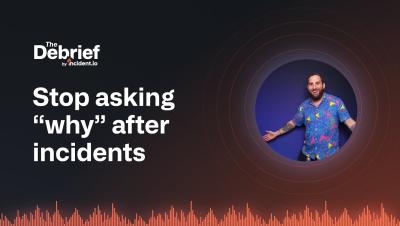Exoskeletons not robots
In this clip, Pete explains why we've taken the approach of "exoskeletons, not robots" when building with AI. It’s fair to say that AI is here to stay. So, as companies grapple with this reality, they’re putting their best foot forward to build AI features that really make a difference for their customers. But should you be building these features if there’s no obvious fit in your product? And even if there is, are you making sure to stay true to your product principles?











